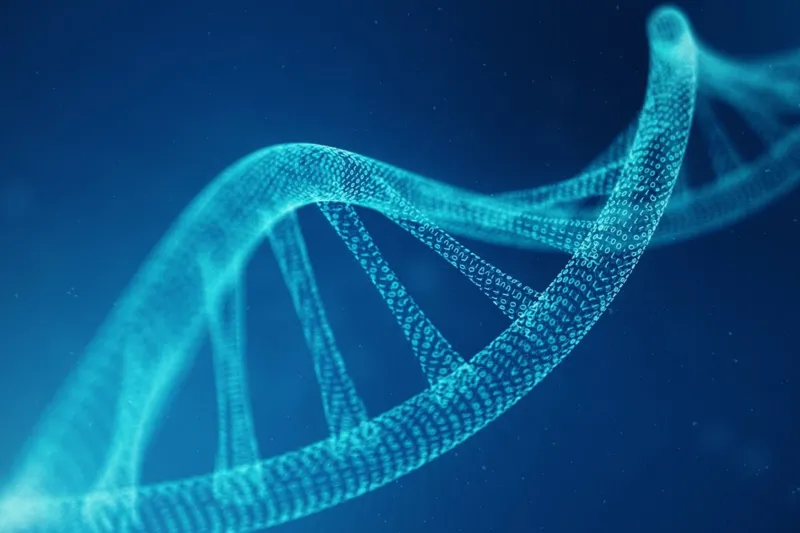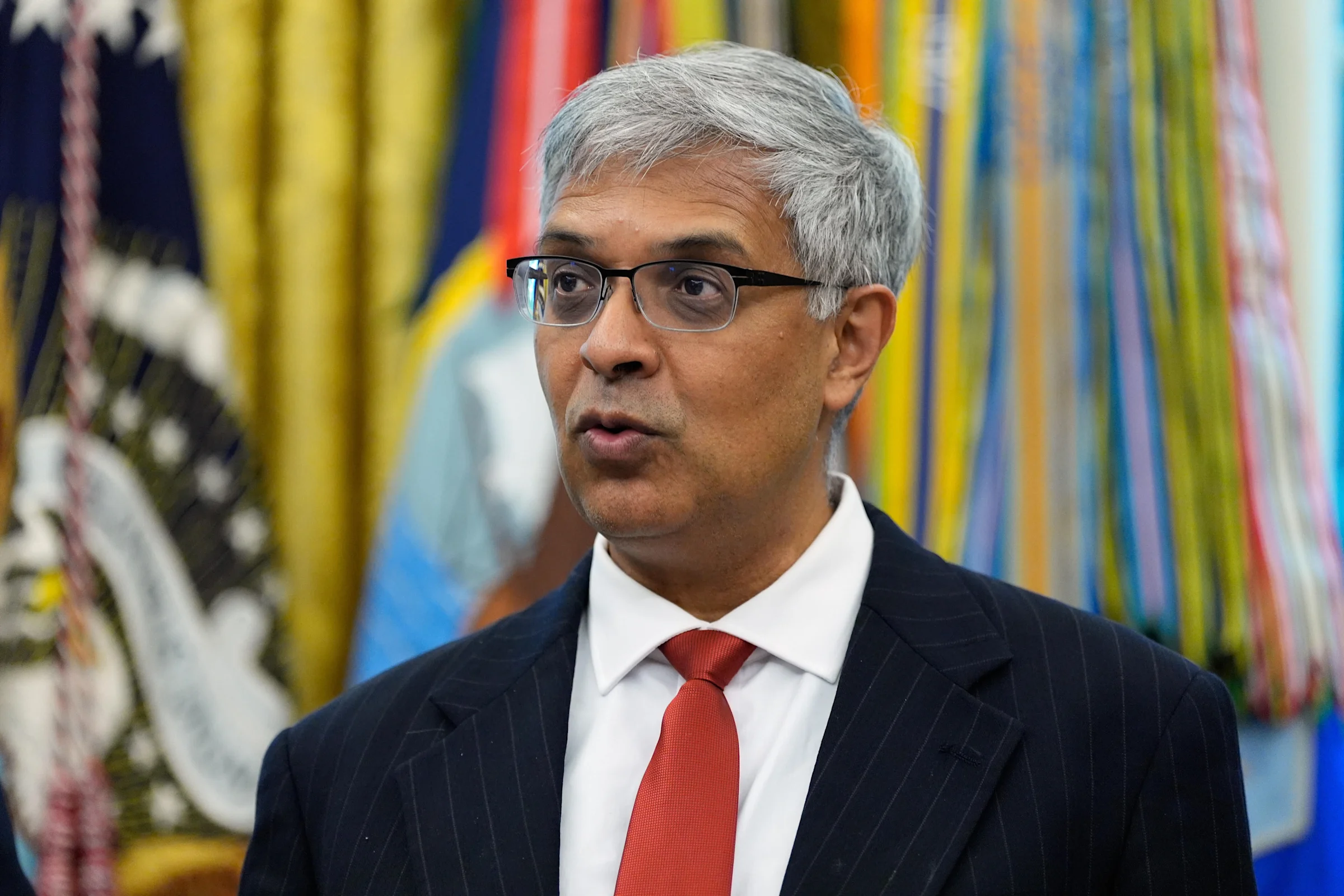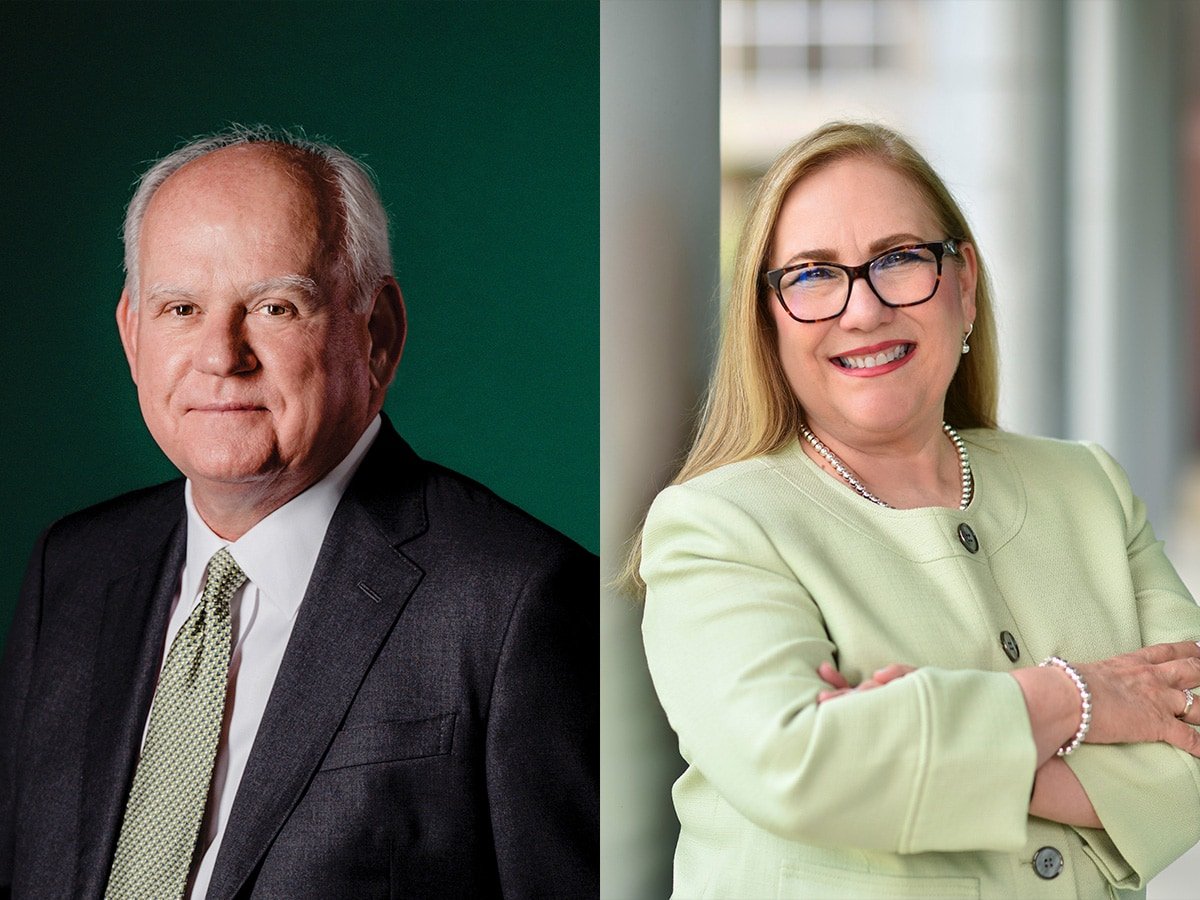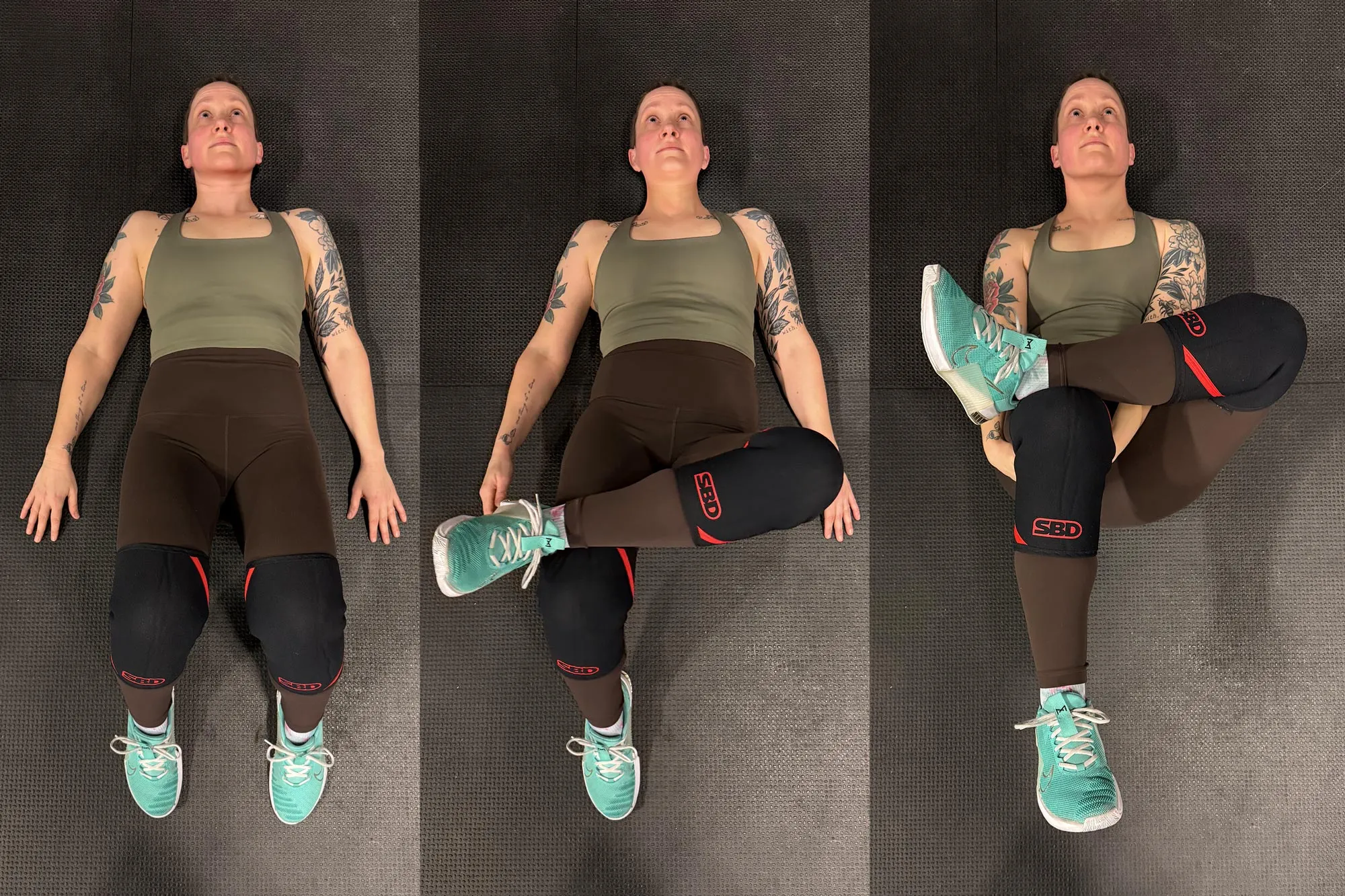A groundbreaking research project has officially begun in the UK to create synthetic human DNA from scratch. Backed by an initial £10 million investment from the Wellcome Trust, this marks a major step in genetic science and could transform medical treatment. However, the ambitious project also raises serious ethical and safety concerns.
The new Synthetic Human Genome Project follows 25 years after the original Human Genome Project, which first mapped out the full set of human genes. Unlike the original project, which only decoded DNA, the current one aims to build it molecule by molecule.
According to Dr Julian Sale from the MRC Laboratory of Molecular Biology in Cambridge, the work represents the next “giant leap” in biology. The researchers plan to construct larger and more complex blocks of DNA until they can eventually build an entire human chromosome in the lab.
Dr Sale says the main goal is to create healthy, disease-resistant cells that can be used in new medical treatments. This includes regenerating damaged organs like the liver and heart or strengthening the immune system in older adults. In his view, the potential health benefits are massive.
The team hopes to gain deeper insights into how genes function and how they can be repaired when they go wrong. This could lead to better therapies for diseases that are currently incurable. Prof Matthew Hurles, who leads the Wellcome Sanger Institute, believes that synthetic DNA will allow researchers to explore how genes operate more precisely than ever before.
Unlike science fiction fears of creating life in a lab, the project will stay within strict limits. All research will be done using test tubes and petri dishes, and there will be no attempt to build or grow full synthetic humans. But even without creating life, this work gives scientists a powerful tool to understand and possibly control human biology.
Still, not everyone is convinced this is a good idea.
Dr Pat Thomas from Beyond GM, a campaign group focused on genetic ethics, warns that not all scientists will use the technology for good. She fears that it could open the door for “designer babies,” biological weapons, or attempts to engineer enhanced humans.
Professor Bill Earnshaw, a respected geneticist from Edinburgh University, shares these worries. He says the tools to create artificial chromosomes are now available and could be misused if left unchecked. In his words, “The genie is out of the bottle.”
One major issue is how this technology might be commercialized. If synthetic organs or even entire synthetic humans were ever created, ownership rights would be unclear. Ms. Thomas questions who would own the data or even the physical body parts resulting from this research.
Despite these concerns, Wellcome Trust decided to fund the project after careful consideration. Dr Tom Collins, who approved the funding, explained that the goal is to guide this powerful technology in a responsible direction before others develop it in secret or without ethical standards.
He argues that doing nothing would have been more dangerous. “This technology is coming whether we like it or not,” he said. “By starting now, we can make sure it is developed with ethics and public involvement.”
To ensure transparency, the project includes a dedicated social science program. It will be led by Prof Joy Zhang from the University of Kent. Her team will collect public feedback, gather expert opinions, and study the social impacts of the technology.
Prof Zhang emphasizes that listening to the public is vital. Her team wants to learn how people feel about the project, how it may benefit society, and what worries it raises.
The scientists involved believe this work can reshape the future of medicine. But even they admit that the potential for misuse remains real. The challenge will be balancing innovation with safety, public trust, and strong ethical standards.
As the project moves forward, the world will be watching closely. The synthetic human DNA project may hold the key to healing many diseases. But it also brings new questions about what it means to be human in the age of artificial life.







